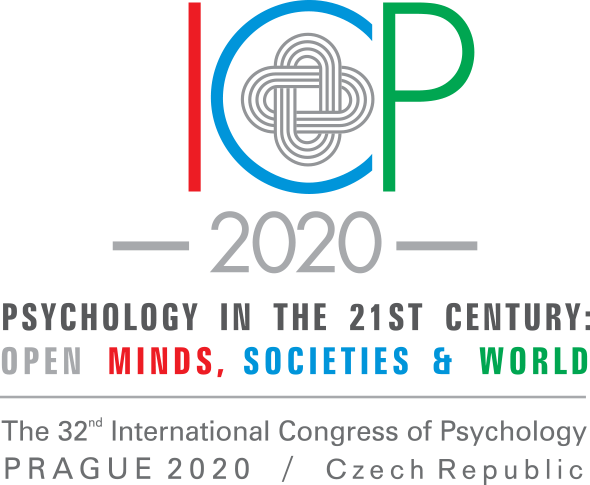

Yuri Petrovich Zinchenko


Speech title:
Crossroads and Labyrinths of Psychology: from Classical Patterns to Post-Nonclassical Future
Yuri Petrovich Zinchenko is a full professor at the Faculty of Psychology at Lomonosov Moscow State University. He earned a Ph.D. in Clinical Psychology from Moscow State University in 1998. He is the dean of the Faculty of Psychology and the chair of the Department of Methodology of Psychology at Moscow State University, and the President of the Russian Academy of Education.
He is the president of the Russian Psychological Society; the head clinical psychologist at the Ministry of Health of the Russian Federation; the president of the Academic Board of the Faculty of Psychology (Lomonosov MSU); a member of the Commission for Education of the Russian Academy of Sciences; the chairman of the Psychological Section of the Education Board for Classical University Education of Russia; a deputy chairman of the Psychology Expert Board of the State Commission for Academic Degrees and Titles at the Ministry of Education of the Russian Federation); the Honorary President of the Society of Law Enforcement Agencies’ Psychologists; a member of a number of scientific and methodological commissions and expert boards of the Ministry of Defense of the Russian Federation, the Ministry of Internal Affairs of the Russian Federation, the Ministry of Education and Science of the Russian Federation, and the Public Chamber of the Russian Federation.
An honorary member of the Human Science Center at Ludwig Maximilian University of Munich, Germany; an Honorary Professor at the University Paris III (Sorbonne), France; Docteur Honoris Causa (Universidade Fernando Pessoa, Portugal).
Dr. Zinchenko is a well-known scientist in Russia and abroad specializing in the methodology of psychology and the psychology of safety. He has successfully developed and applied Lev S. Vygotsky’s Cultural-Historical approach to fundamental psychological research from the perspective of postnonclassical methodology; together with academic Viktor A. Sadovnichy, he suggested and used supercomputer calculations to process data packages and formalize patterns of the functional state of humans under extreme conditions; was the first scientist in Russia to have used the technologies of virtual reality (CAVE format) in psychological research; developed scientific and methodological recommendations on the implementation of safety practices aimed at preventing youth from getting involved in terrorist activities; developed a dynamic model of the psychological security of the individual that and society.